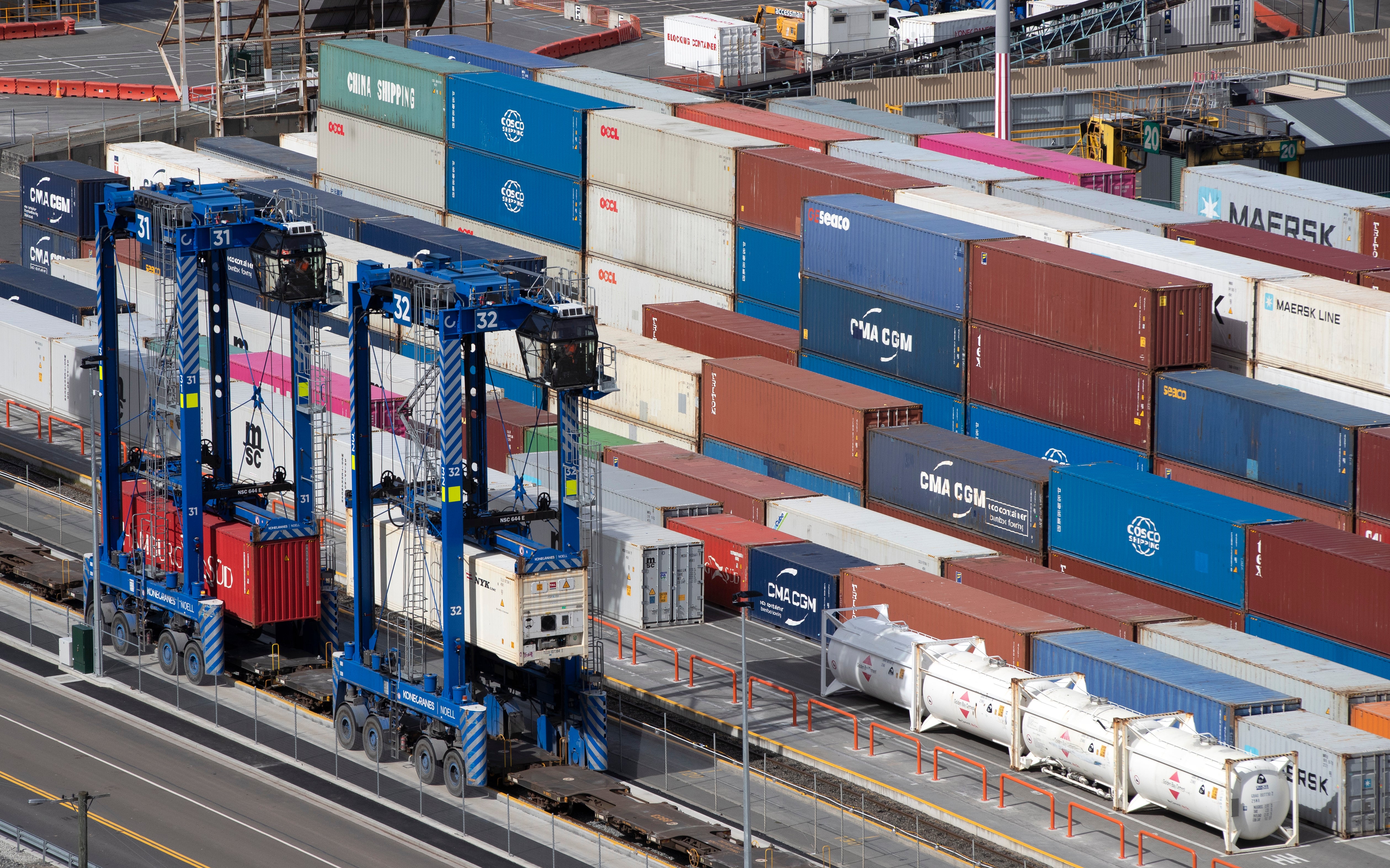New Zealand's economy dips into recession as higher interest rates bite
New figures show that New Zealand’s economy has dipped into recession as higher interest rates take their toll

Your support helps us to tell the story
From reproductive rights to climate change to Big Tech, The Independent is on the ground when the story is developing. Whether it's investigating the financials of Elon Musk's pro-Trump PAC or producing our latest documentary, 'The A Word', which shines a light on the American women fighting for reproductive rights, we know how important it is to parse out the facts from the messaging.
At such a critical moment in US history, we need reporters on the ground. Your donation allows us to keep sending journalists to speak to both sides of the story.
The Independent is trusted by Americans across the entire political spectrum. And unlike many other quality news outlets, we choose not to lock Americans out of our reporting and analysis with paywalls. We believe quality journalism should be available to everyone, paid for by those who can afford it.
Your support makes all the difference.New Zealand's economy has dipped into recession as higher interest rates take their toll, new figures released Thursday show.
Gross domestic product fell by 0.1% in the March quarter, following a revised 0.7% fall in the previous quarter, Statistics New Zealand said. That fulfils the nation's definition of a recession, which is at least two consecutive quarters of negative growth.
The slowdown comes after New Zealand's central bank raised its benchmark interest rate 12 straight times to 5.5% as it tries to tame inflation. The rate is at its highest level since 2008, making it more expensive for people to borrow money for homes, cars and other purchases. The Reserve Bank of New Zealand has indicated it doesn't plan to raise the rate any further for now and that its next move will be a cut.
The downturn in growth was in line with economists' expectations, and the currency was little changed, with one New Zealand dollar trading at around 62 U.S. cents.
Taken over the full year, the picture looked rosier. New Zealand's economy grew by 2.9% after strong growth in the first two quarters. And with such a small dip in the March quarter, it's possible the recession call could be reversed when the latest figures are revised next quarter.
Contributing to the drop in growth were a series of deadly weather events, including flooding in Auckland and a cyclone.
“The adverse weather and resulting flooding caused significant damage and disruption, particularly across the North Island,” Statistics New Zealand wrote in a release.
The biggest drivers of the downturn were business services, down 3.5%, and transport, postal and warehousing, down 2.2%. Going against the trend, media and telecommunications rose 2.7%.
One of the most notable affects of higher interest rates has been on the housing market. Since peaking 18 months ago, average house prices in New Zealand have fallen by about 18%. However, there are signs the market might have reached a low point. Statistics released Thursday showed prices were flat when compared with the previous month and sales volumes were rising in some areas.
Kiwibank economists Jarrod Kerr and Mary Jo Vergara said the central bank had raised rates too high and they expect the economy will contract more over the year ahead.
“If households spend less, which is what we are seeing, then the economy will contract harder,” they wrote in an analysis. “If businesses pull back on their hiring and investment, which is what we’re hearing, then the economy will contract harder.”